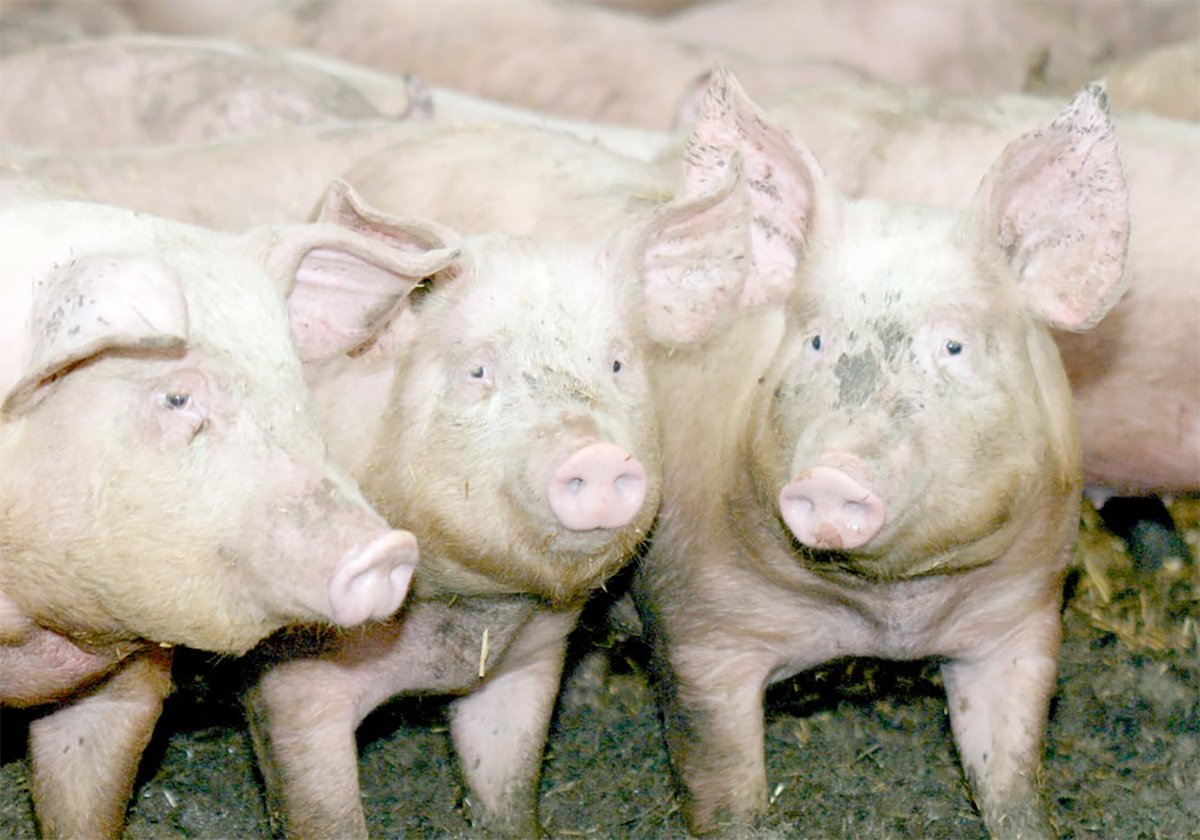Ten Lowline heifers boarded a plane for England April 28, the first live beef cattle to be exported to the United Kingdom from Canada in almost 10 years.
It’s also the first time the Lowline breed has been exported from Canada other than to the United States.
“They’re in England. We were so excited when they got on the plane,” said Barbara Gotaas of Big Island Lowlines in Sherwood Park, Alta.
It took six months of paperwork, blood tests and export regulations after buyers from England indicated they wanted to buy the small beef cattle.
Read Also

The Western Producer Livestock Report – November 13, 2025
Western Producer Livestock Report for November 13, 2025. See U.S. & Canadian hog prices, Canadian bison & lamb market data and sales insights.
“They looked good. It was a little nerve-wracking at the end to make sure everything was in order,” she said.
Canadian cattle have been shut out of British markets since Oct 1, 2001. Canada has had a ruminant to ruminant feed ban in place since 1997, but the ban was imposed because Canada continued to feed mammalian protein from horses and pigs as an alternative protein source.
Before the export process could begin, the herd had to be certified leukosis free, which took four months. Then the family could start the export testing procedures.
“There was a lot of paperwork and communication, but I think it was a positive thing. It’s pretty exciting that it’s actually happening,” said Gotaas.
There are now 433 registered full blood Lowlines in Canada, up from 300 two years ago. Lowlines were recognized as a distinct breed in 1998.
The breed was developed at an Australian research station from Canadian Aberdeen Angus stock exported to Australia in 1929. Over the years, three distinct lines of cattle emerged from the research program. In 1992, the Lowline breed was created. In 1996, six Lowline cattle were brought to Canada.
Big Island Lowline’s herd now numbers 130, but began nine years ago with a week-old bottle-fed bull calf.
Before the heifers boarded the plane from Calgary, they had to pass a final blood test. The results came back April 23 and the animals were allowed to be loaded.
“We’ve had great co-operation from CFIA (Canadian Food Inspection Agency),” said Gottaas.
“It’s pretty exciting for us to play a role to bring Lowline cattle over to England.”
Gottaas said there is already excitement around the cattle that have arrived at the Salisbury farm, about 100 kilometres outside London.
The 11-month-old heifers will be bred with semen imported from
Australia.














